If you’re looking for cold relief and prefer to go the natural route, you should consider using hydrogen peroxide.
You’ve probably applied peroxide to a wound or two before and have heard about its many uses, from disinfecting your home, whitening your teeth, to ear wax removal and so much more.
But as it turns out, the famous brown bottle of hydrogen peroxide, which costs just a couple of dollars at your local drugstore, can actually be a really effective remedy for cold relief with remarkable results.
Interested in learning more about the effectiveness of this bubbling solution and if you should add it to your list of home remedies?
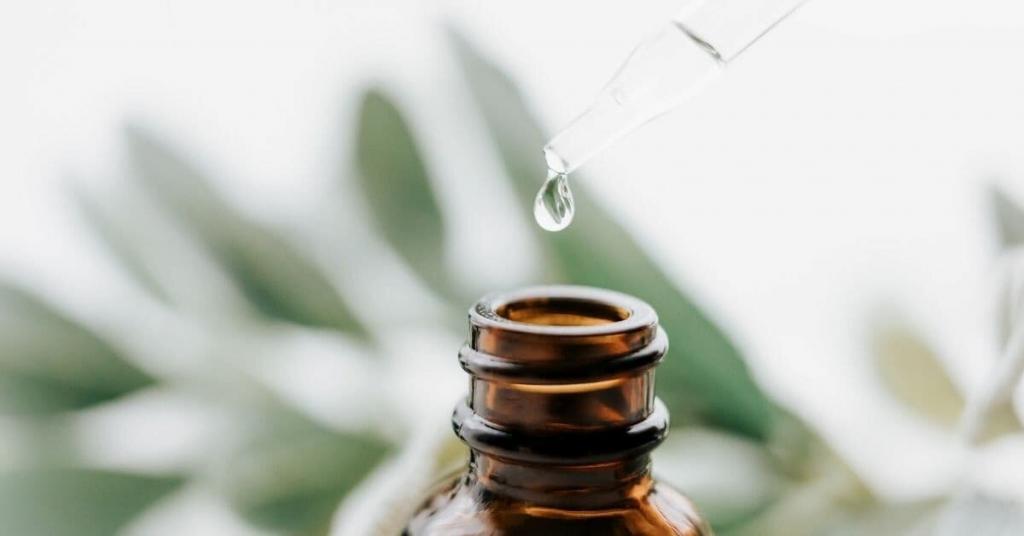
Why Choose Hydrogen Peroxide Treatment?
This unique cold relief treatment is based on Dr. Richard Simmons’s theory that the viruses and germs which cause the common flu and cold first enter the body through the ear canal.
Though this theory has been debated throughout its lifetime (since the 1920s to be exact) many people have used this treatment and found remarkable results.
Because peroxide is an effective mild antiseptic, Dr. Simmons discovered that it can provide both prevention and relief from the common cold and flu when used within the ear.
Current Research Studies On Effectiveness
And his discoveries may not be a fluke. In two recent studies, researchers investigated peroxide and its effect on viral infections and the possibility that it could reduce hospitalizations when gargled or used as a nasal spray.
Both studies showed that this cheap drugstore solution could offer remarkable results!
So it’s not a far leap to imagine that it could help in the ear as well.
Some people claim that it has upwards of an 80% success rate and they can notice a difference in just a couple of hours.
While in some cases mild stinging occurs, people still find it a worthwhile treatment.
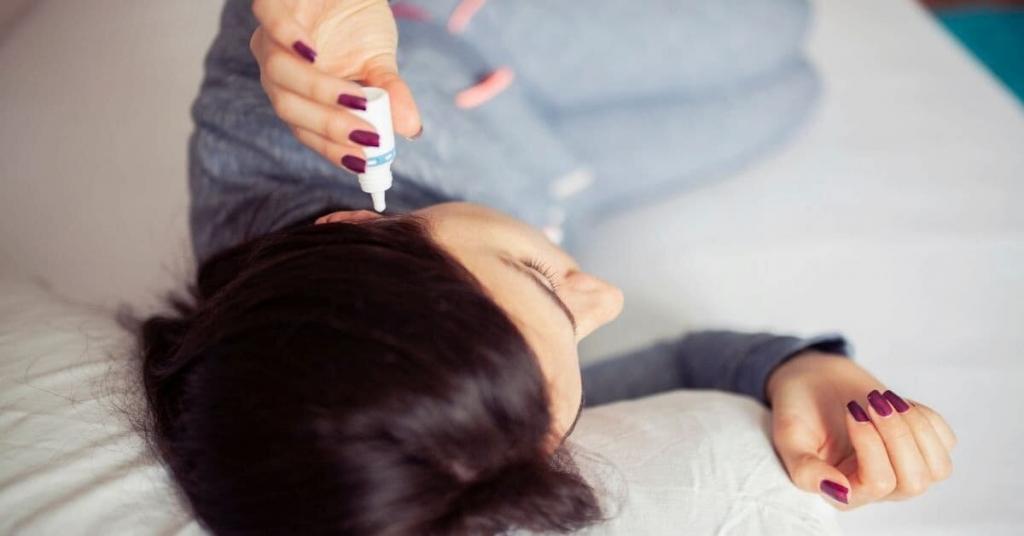
How Does Peroxide Fight Infection?
Hydrogen peroxide is an antiseptic that kills germs, bacteria, and many viruses.
The oxidation process of hydrogen peroxide breaks down microorganisms, thus killing bacteria and germs by destroying their cell walls.
It has disinfectant, antibacterial, antiviral, and antiseptic properties, thanks to its atomic makeup, which is 2 hydrogen atoms and 2 oxygen atoms.
Scientists also hypothesize that using peroxide causes a reaction and induces oxidative stress that stimulates an immune system response, much, in the same way, viruses do in the body.
Meaning that ” hydrogen peroxide may enhance those local innate responses to viral infections“.
Is Peroxide Anti-Inflammatory?
Though it’s still debatable exactly how hydrogen peroxide affects different ailments, it’s said that it may have anti-inflammatory benefits.
Peroxide isn’t typically used as an anti-inflammatory, though.
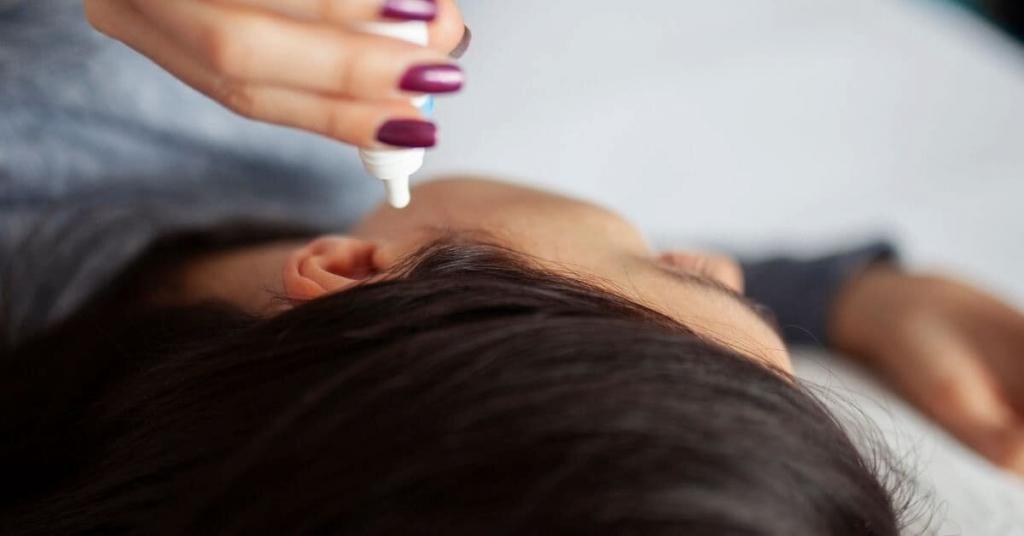
Benefits of Using Peroxide In Your Ear for a Cold
There are several main benefits of using peroxide for cold prevention and relief beyond the fact that it’s effective and natural.
1. It’s cost-effective
Most bottles of 3 percent hydrogen peroxide cost just a few dollars and a single bottle goes a long way.
Not only that, but it can last a very long time when stored correctly, which reduces waste and saves money in the long run.
2. It’s readily available at most drugstores
Hydrogen peroxide in its household form (3% concentration) is readily available at almost any drugstore or grocery store.
3. There are few if any, side effects
While every treatment (natural or not) should be approached mindfully when used as directed, there are very few side effects, and many people experience great success.
Side Effects And Cautions Of Using Peroxide for Colds
Everyone is susceptible to different reactions, but here are some possible adverse effects of using hydrogen peroxide in the ear for cold relief/prevention:
- Temporary loss of hearing
- A ringing of the ears (tinnitus)
- Earache/pain
- Inflammation inside the ear
- Dizziness
- Fizzing and bubbling sounds/sensations
- Bitter taste
- Stinging
- Ear drainage
- Rash
Cautions And Guidelines:
- Use only the household 3% concentration of hydrogen peroxide (never use a stronger solution)
- Keep away from eyes
- Never inhale peroxide
- Don’t swallow
- Don’t use it if you have an infected ear or damaged or perforated eardrum. Doing so could cause more damage.
As always, if you experience these side effects please see your doctor’s advice.

How To Use Peroxide If You Have A Cold
Prevention is always best, so use this treatment as early as possible at the onset of cold symptoms.
Some people say they use this remedy at the first sign of a sore throat or a runny nose and they end up feeling better and not coming down with full-blown symptoms.
While this is in no way a scientific way to measure effectiveness, it’s always good to consider people’s experiences.
You can safely help a cold by using peroxide in the ear with the steps below:
Step 1: Gather your 3% bottle of hydrogen peroxide, medicine dropper, tissue paper, and a towel.
Step 2: Fill your medicine dropper with peroxide.
Step 3: While laying on your side or tilting your head with the affected ear facing up, put a few drops of hydrogen peroxide in only one ear at a time.
You will experience loud bubbling and cracking sounds due to the oxidation process.
Step 4: Stay in the same position for 3-5 minutes.
If you experience any ear pain, immediately tilt your head the other way and rinse out with water.
Step 5: Gently put some tissue paper or a cotton ball in your ear and tilt your head the opposite way to catch any drainage or excess peroxide.
You can also lay on a towel without tissue paper or a cotton ball and simply let it drain that way, too.
Step 6: Repeat with the other ear by adding a few drops into the ear canal and following the same process.
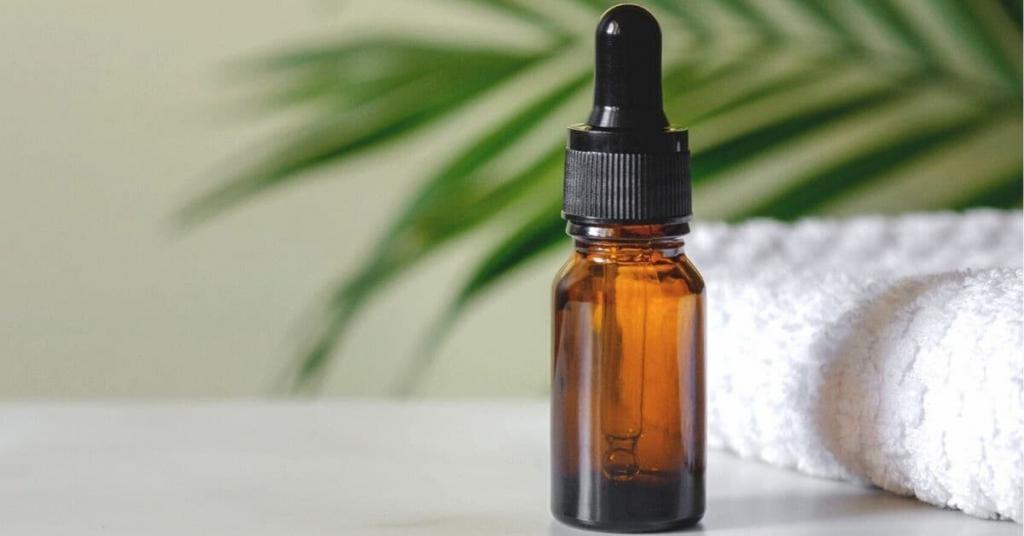
FAQ’s
No treatment is without questions and concerns, so here are some common questions and answers about using hydrogen peroxide in the ear for cold relief:
1. Is Hydrogen Peroxide Safe For An Earache?
Hydrogen peroxide is a common ingredient in many OTC ear drops that are intended to treat earaches, ear infections, and even wax removal.
It is generally regarded as safe as long as used correctly for a short time.
2. Is This Safe For Children?
Using peroxide in children’s ears can be safe when used with caution, but keep in mind that the bubbling sensation and possible stinging could scare younger ones.
Also, extra care must be taken because of the possibility the peroxide may end up in the child’s eyes if they are wiggly, so it’s important to cover their eyes and be prepared before starting treatment.
To ease their anxiety, it can be helpful to explain what the experience will be like for them and what the process is so that they can feel more prepared, too.
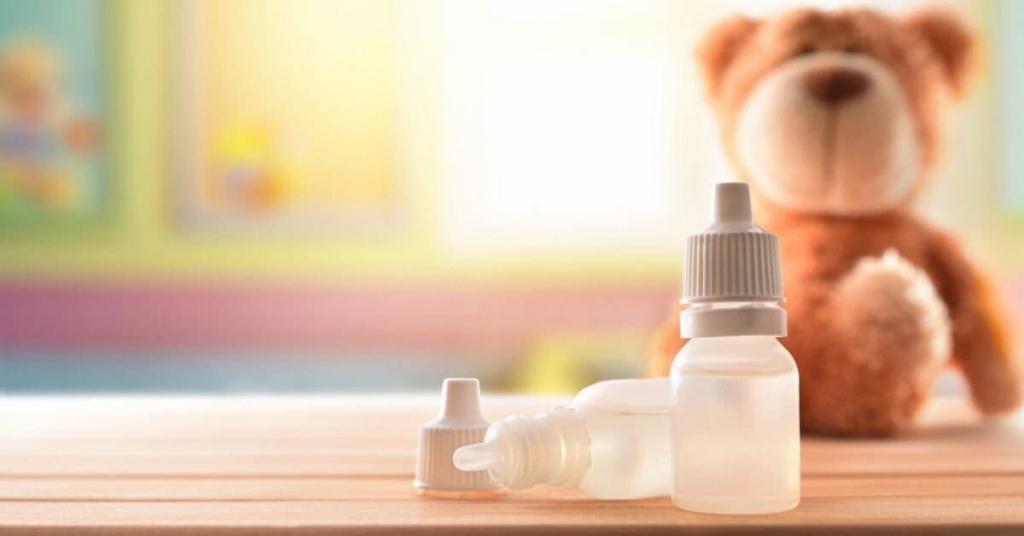
3. How Often Should You Put Peroxide In Your Ears If You Are Sick?
Some will see results from the first use, but if you want to use this treatment more often it’s best to use a maximum of 1 or two times a day, for a couple of days only.
Peroxide can be incredibly drying and can cause side effects such as inflammation when used too often, so don’t plan to use this treatment too many days in a row.
4. What Concentrations Should I Use?
It’s important to note that you should only use a hydrogen peroxide solution of 3%. Anything higher can cause a lot of complications.
There are other concentrations available, from 10% cleaning solutions to even food-grade hydrogen peroxide (which despite its name, is not meant to be used in food or safe to consume), but they’re not intended for home use and should never be applied in the ear or skin.
Most drugstores carry the 3% concentration, but always read the label before using.
5. When Should I Use Hydrogen Peroxide In The Ear For Cold Relief Or Prevention?
You should begin at the onset of symptoms, but it can still be an effective treatment at any point in your illness.
Some people claim they see immediate improvements in symptoms, while some say that they took it at the first sign of an illness and it prevented them from getting sick.
Still, there are some cases where results may not be noticed until the next day or two.
6. Will Using Hydrogen Peroxide In The Ear Hurt Or Itch?
Using peroxide shouldn’t cause pain, discomfort, or itchy ears.
In some cases, people experience mild stinging occurs and of course loud bubbling, but if you experience ear pain or discomfort stop using it and consult your doctor immediately.
7. What Should I Do If I Don’t Experience Cold Relief?
If you don’t experience relief from using this treatment in your ear after a few days it’s a good idea to take a look at your bottle and make sure it’s not old or expired. (Actually, be sure to do this before you start!)
If that’s not a problem, you may want to try another home remedy for relief or get in contact with your healthcare provider if necessary.
Last Thoughts…..
If you’re looking for cold relief treatment or prevention, you may want to give this one a try.
Using hydrogen peroxide in the ear for cold relief has been shown to be effective since the 1920s and is as easy as it is cost-effective.
Like any medicine or remedy, though, it does come with possible side effects and should be used appropriately. If you have an ear infection, damaged eardrum, or a history of the sort, talk to your doctor before using this treatment.
Related Articles
- 10 Tips For A Naturally Healthy Cold And Flu Season
- 5 Herbs To Support A Healthy Immune System
- 11 Best Teas For A Cold- Feel Better Naturally!
- Xylitol Nasal Spray: Effective Natural Relief For Nasal Congestion
- 9 Himalayan Salt Inhaler Benefits (+Safety Info)
- Nasaline: A Nasal Rinsing System For Sinus & Allergy Relief
- Fermented Garlic And Honey: Benefits, Uses, & Easy Recipe
- Easy Fire Cider Recipe For Winter Wellness
- Elderberry vs.Tamiflu For Flu Relief
Interested in learning more about health & wellness? Check out the health section and find info about mental and physical health, natural remedies, and more!

